Cricket
The sick feeling in your guts
Turning down the Test captaincy wasn’t difficult.
I was a reluctant skipper. I’m of the belief that wicketkeepers make good vice-captains. With the workload a ‘keeper shoulders each game – creating energy, being the centrepiece in the field, doing your bit with the bat – it’s really hard to carry everything else that comes with captaincy.
If I’m completely honest, I hadn’t given the decision – and the conversation that preceded it – much thought until Steve Smith wrote about it in his new book.
We were both having a beer with Tubby Taylor in the bar of the Sebel after the Adelaide Test against India. Michael Clarke was injured and looked likely to miss a few Tests and Tubby raised the topic of who would replace him.
It was clear cut to me: Michael and I were coming to the end of our careers and Steve was the future. Why delay? He had me there as a senior player and vice-captain to lean on if he needed back-up. It was time for new blood.
‘Steve Smith is your next Australian captain, you all know that,’ I said. ‘Make him captain now. I’m happy with that. If you want to make that decision, don’t let me get in your way.’
Steve wrote that he was a bit shocked by it all. I wasn’t in the slightest.

WHAT SETS SMITH APART
I was drawn to Steve from the start.
He was a good tactician. He was brave. And he was always trying to move the game forward.
We would be standing in the slips cordon in the very early days of his Shield career and he wouldn’t be afraid to speak his mind if he thought the game was starting to drift.
‘If we just get through here we can open the game right up.’
‘We’re a wicket away from turning this around.’
‘We can still win this.’
You can’t coach that mentality into someone. It’s something that comes naturally.
Now, as then, he asks a lot of questions about the game. He is curious about different strategies and approaches and ways of thinking. Over time, he is going to evolve into one of the really successful Australian captains. I have no doubt about that.
‘Steve Smith is your next Australian captain, you all know that,’ I said. ‘Make him captain now. I’m happy with that. If you want to make that decision, don’t let me get in your way.’
I’m enjoying watching him evolve as a leader. The South Africa series at home last summer was the big landmark moment for him as a captain. He decided from that point on he needed to put his identity on the team. He’s developing all the time.
He’s making it clear where he wants the team to go under his captaincy. He hasn’t let the added responsibilities of leadership interfere with his role as a top order batsman. And he’s got a great group of senior fast bowlers around him to help. It’s all going in the right direction.
I thought at the time that taking on the Test captaincy in that Border-Gavaskar series would be good for him and Australian cricket in the long-term – and I still believe that now.
I’ve never thought back on the decision. I’ve never regretted it for a moment. I’d had the opportunity to captain NSW for a while, which I enjoyed, and a couple of T20 games for Australia. But I wasn’t the man to lead Australia at that stage of my career.
In any case, I had captained Australia on that last day against India in Adelaide. We took eight wickets in the final session to win the match. I was happy with that. Why not go out on top!?
SICK IN THE GUTS
It’s a different feeling entering an Ashes series as a member of the coaching staff.
As a player, I used to quite enjoy that sick feeling in my guts the night before a big Ashes Test, as strange as that may sound. That anxiety just reaffirmed to me how important it was to me, how much I wanted to win.
I don’t get that so much now. I’m still excited for the anthem and the first ball and all the theatre of an Ashes series, but my focus is on making sure I’ve done all the work with every player to give them the best opportunity to perform under pressure.
Then it’s all out of my hands. I have to let it go and trust everything we’ve done with the players will help them deliver on the big stage.
Probably the biggest lesson I’ve learned about coaching came from the bloke who will be sitting in the opposition changeroom this summer.
Trevor Bayliss has been one of my greatest friends and mentors throughout my career. Watch him when a game is under way and his emotions don’t change. Not once.
You could be 6-15 or 1-450 and Trevor would be the same. From a coaching point of view, you have to make sure that your tempo is even all the time. You don’t want to ride the emotion of the game. You don’t want to be jumping up and down or have you head in your hands and spook all your players. You’re fighting yourself sometimes but it’s really important to keep your composure.
As a player, I used to quite enjoy that sick feeling in my guts the night before a big Ashes Test, as strange as that may sound. That anxiety just reaffirmed to me how important it was to me, how much I wanted to win. I don’t get that so much now.
It’s pretty weird these days when I walk out on the ground, see him in his England kit and say, ‘G’day coach, how are you going?’
We still speak. He’s a great coach and has done great things for NSW and Sri Lanka. Like anyone else, he wants to test himself at the top level and an Ashes campaign is exactly that.
I’m glad he has the opportunity to coach at the highest level. He has so much to give to the game.
I just hope we beat him!

MIA’s CARTWHEELS
Coaching for me isn’t about scratching an itch after finishing up as a player.
In all honesty, I was very content when I walked away from the game and I haven’t missed playing. I knew my time was up. I’d exhausted all my options playing-wise.
When my daughter Mia got sick and I walked away from the game for 12 months, I never, ever thought I was going to play again. I made my peace with retiring back then and when I did come back to play, it was all a bonus.
Mia’s going well. She’s a normal seven-year-old girl – which, as any Dad will attest, means she’s a nightmare to get dressed in the morning. She enjoys swimming and school. She’s living life.
She might have complications because her treatment was so aggressive as she goes through different stages of development, but at the moment she’s a normal girl terrorising her Mum, Dad and Brothers.
It puts a smile on your face to see that. We were at a barbecue last weekend with our friends and she was running around doing handstands. People were saying, ‘Wow, look at how well Mia’s going.’
For everything she’s gone through and all those dark days, to be able to do normal things – to run around with her siblings, do handstands with her girlfriends, dance at a party – it just makes you happy.
She’ll be around the cricket a bit this summer. But, as she says, ‘Dad, cricket is boring, do I have to sit there and watch it?’ which is usually followed up with, ‘Can I take my iPad?’
She’s definitely a Twenty20 girl.

EXCEL OR BREAK
You have to enjoy everything that comes with an Ashes series – or it can crush you.
The pressure, the big moments. They’re the most exciting times of your career. To be preparing for a home Test series against England – the unknown about how it will go, the uncertainty of that first session, the anxiety – you have to embrace it all.
Some thrive on that stage and some panic.
It’s the whole theatre of the campaign – how much the Australian and English publics are invested in it. I was more exhausted after Ashes Tests than any others.
And we would party hard after every win. Ryan Harris and Mitch Johnson and Peter Siddle used to joke about it. We’d say, ‘Let’s enjoy these wins as if they were our last.’
I will never forget the first Ashes Test at the Gabba in 2010/11. Mike Hussey and I put on 307 for the sixth wicket but, coming out for that second day, Stuart Broad and Jimmy Anderson bowled maybe the best spells I faced in my career.
They were always the villains in Australia, but that was because they were world class. They could turn a game with their skill.
For me, that’s what I loved. They asked a lot of questions – of your technique and your temperament. They were at you all the time.
Huss and I got through to lunch and it was the most drained I’ve ever felt in a game of cricket. It was just the concentration they demanded of you.
I had a chat to David Sakker about it afterwards. He was the England bowling coach at the time. He told me he took Broad, Anderson and the bowling group aside and told them how well they bowled that session, even though they didn’t get a wicket.
He said that it was as good a Test bowling as he had seen. They were all as exhausted as we were.
That’s what the Ashes are about. We were two teams arm-wrestling. Someone had to break in that moment.
The losses are brutal. You’re totally gutted. It hurts more than anything else in your career. You know the hurt everyone is feeling because they’re so invested in it.
And the pressure is unrelenting.
The pressure, the big moments. They’re the most exciting times of your career. To be preparing for a home Test series against England – the unknown about how it will go, the uncertainty of that first session, the anxiety – you have to embrace it all.
A good example is Jonathan Trott. He was averaging 80 against us heading into the last Ashes tour out here. We couldn’t get him. He was the key to everything and protecting the middle order. We had to find a way to unsettle him because he was hurting us every time.
We devised a plan with Mitchell Johnson and Ryan Harris and the pressure was enormous.
If you look at that first Test the last time England were here, it was playing out much the same way as the previous series in England, which they won.
The difference was we stuck to our plan of playing brave against Graeme Swann. We had to hit Swann out of the attack and find a way to keep bringing Broad and Anderson back for third and fourth spells.
It was the most enjoyable series of my career. Mitch was pretty much unplayable and I got a few runs down the order. We had the same XI for the whole series. That led to a great loyalty we had towards each other.
I’ve always enjoyed Ashes series more than the others. It brings out interesting behaviours in everyone. You get put under that extreme pressure. Some people excel. Some break.
I can’t wait for this one to get started.
More about: Ashes | Steve Smith | Test cricket
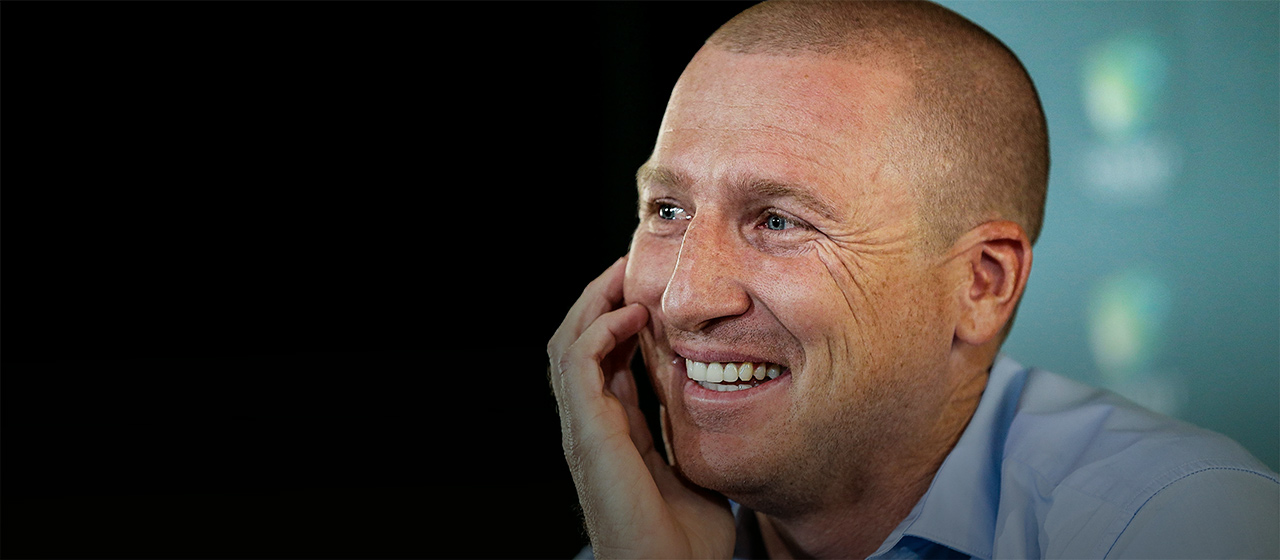
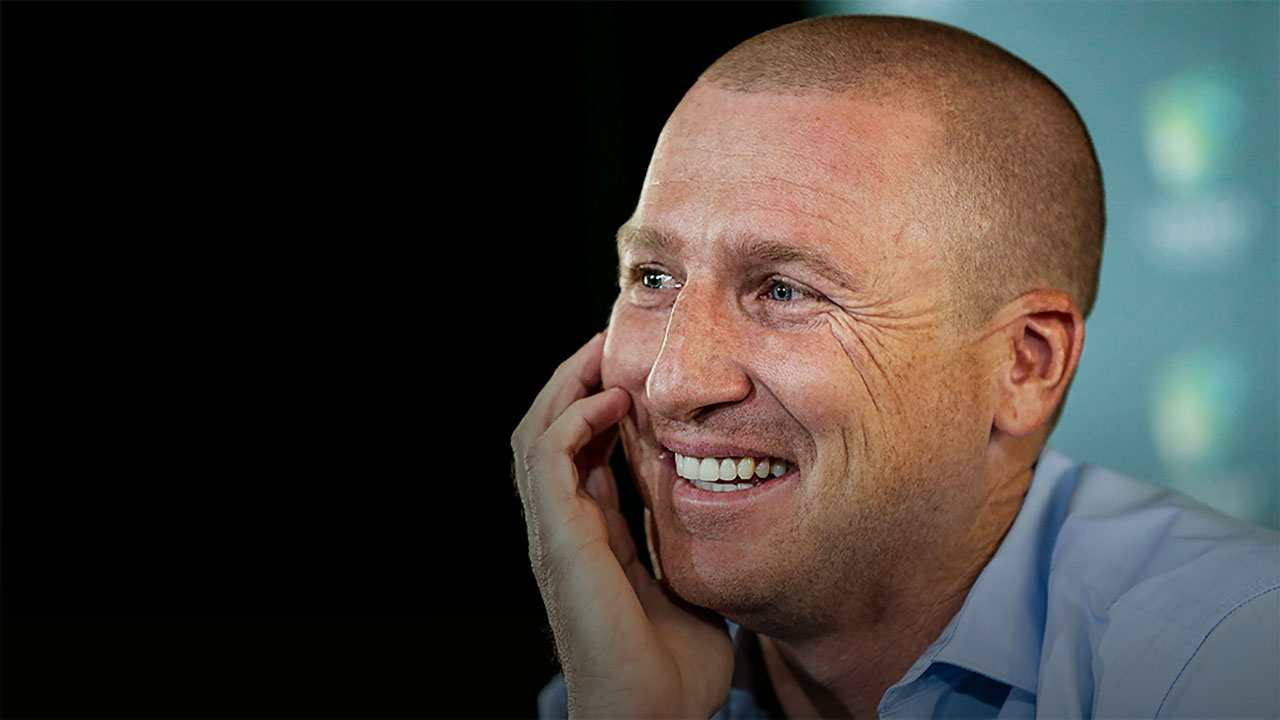

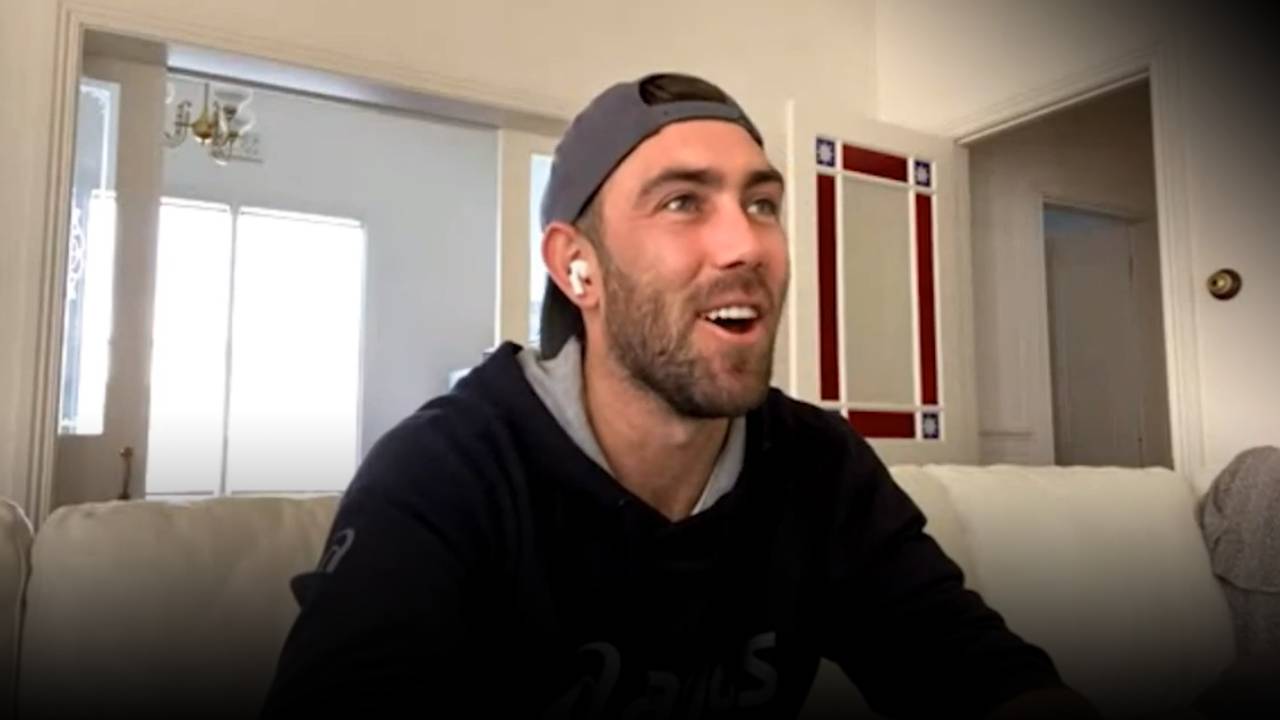
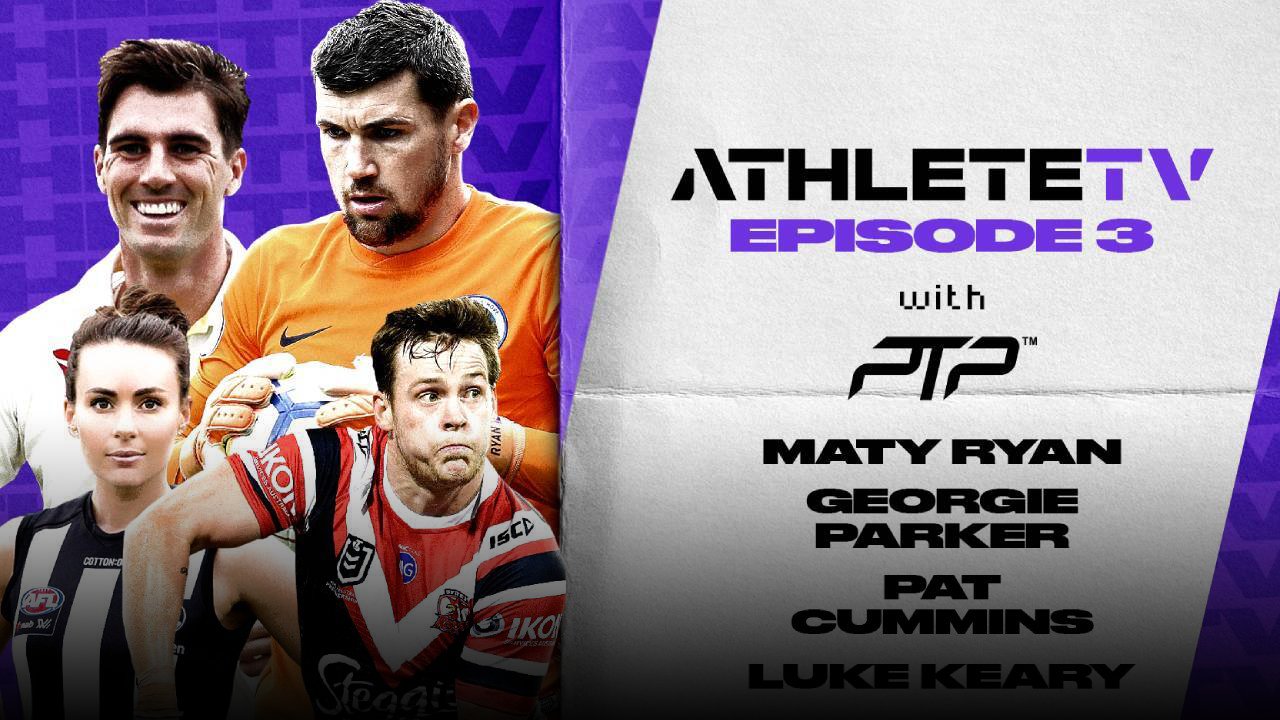
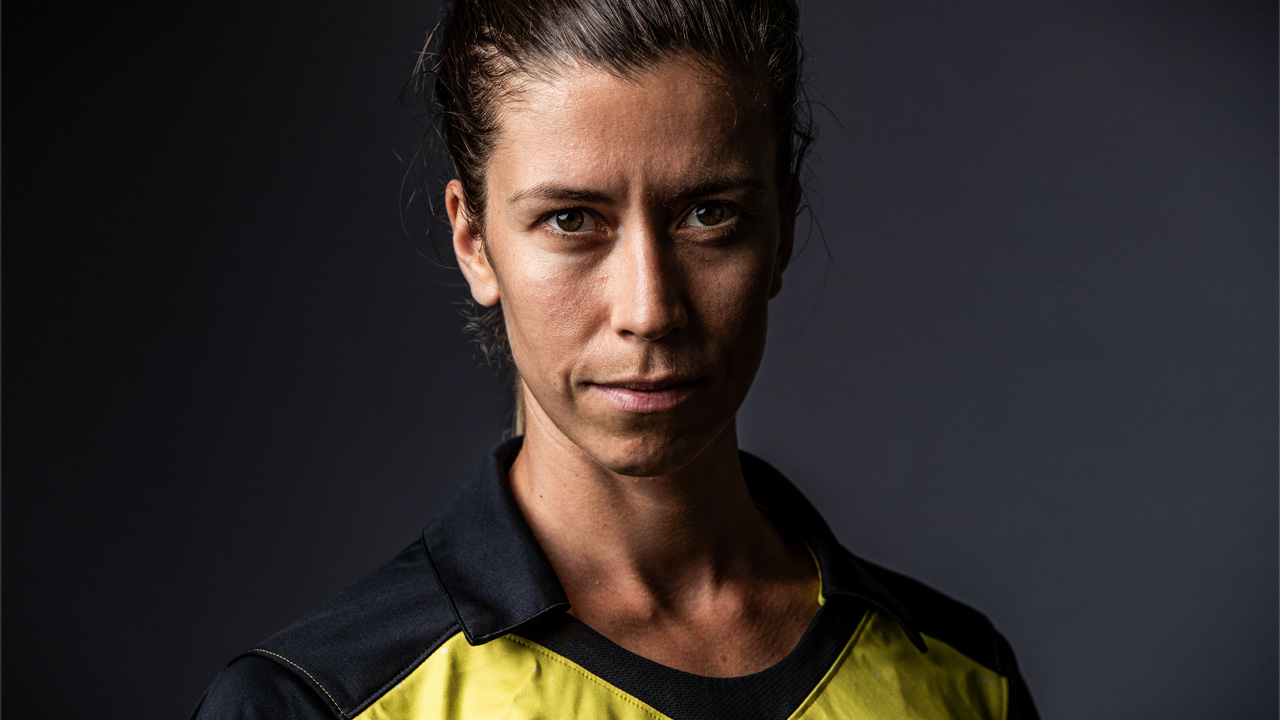
 Load More
Load More